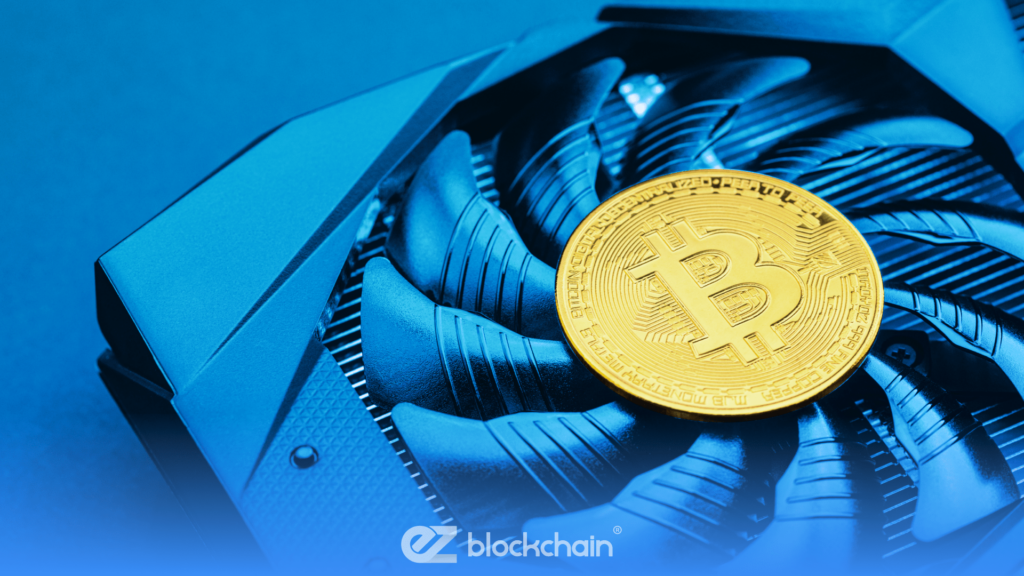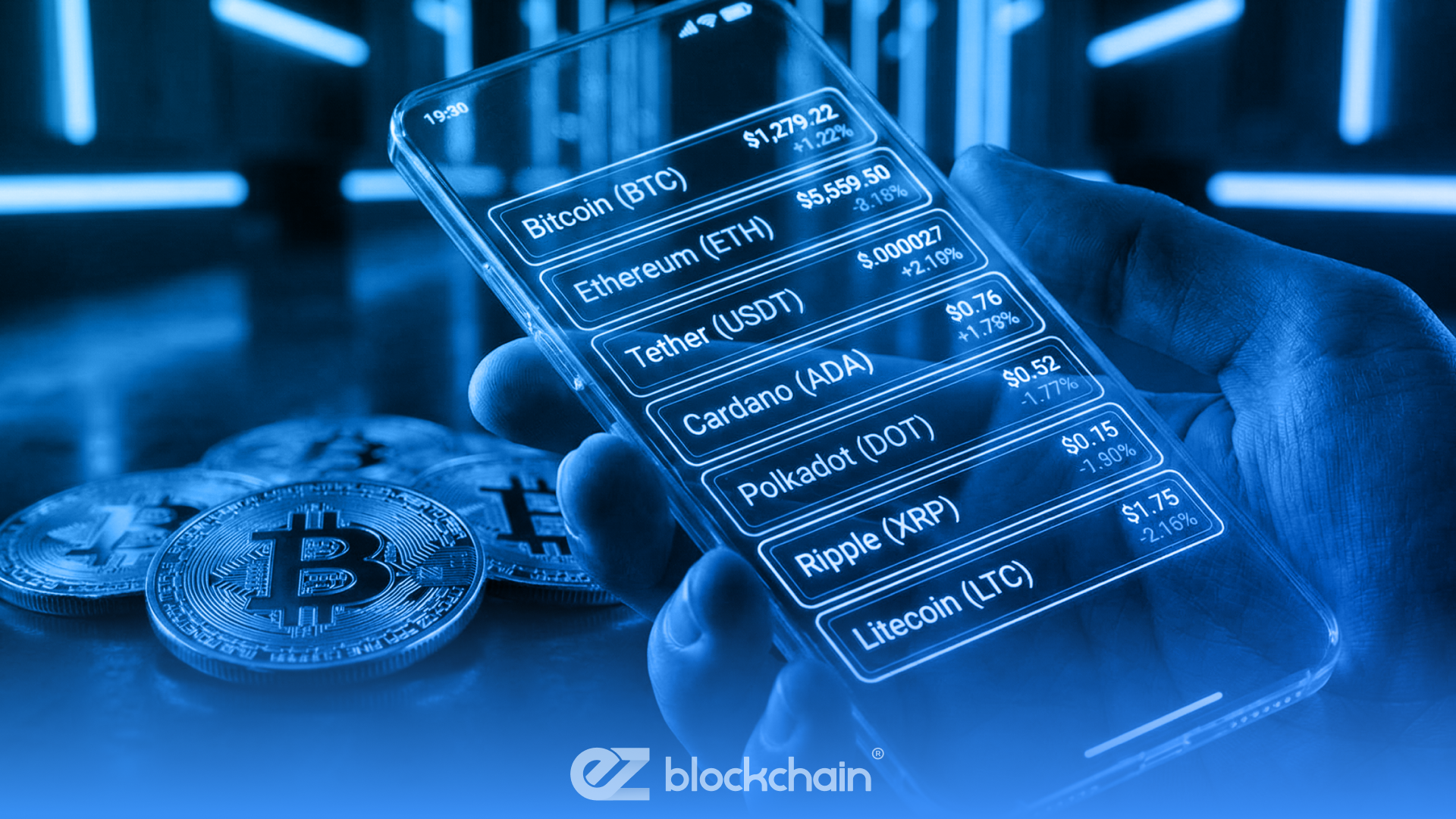Stay up to date with the latest news, announcements, and articles.
Handling unconfirmed transactions often involves strategic decisions, such as adjusting transaction fees or using transaction acceleration services. So, will unconfirmed bitcoin transaction be returned? Some wallets allow users to replace an unconfirmed transaction with a higher-fee version through Replace-by-Fee (RBF), encouraging miners to prioritize it. Additionally, monitoring transaction status via unconfirmed transaction blockchain explorers can provide real-time updates and reassurance. By understanding the mechanisms behind unconfirmed transactions, users can better navigate the network, manage expectations, and ensure smoother Bitcoin transfers.
What Are Unconfirmed Bitcoin Transactions?
What happens if bitcoin transaction never confirmed? This transaction refers to a payment that has been broadcast to the network but has not yet been included in a block by miners. Until miners validate it and add it to the blockchain, the transaction remains pending.
- Status: Pending in the mempool (the queue of unconfirmed transactions).
- Visibility: Trackable via blockchain explorers.
- Finality: Only achieved once included in a mined block.
“Bitcoin transaction unconfirmed highlight the probabilistic nature of Bitcoin: until
confirmation, no transaction can be deemed final [1].”
To mitigate this uncertainty, users often wait for multiple confirmations—typically six—before considering a transaction final. Each additional confirmation exponentially increases the difficulty and cost for an attacker to alter the transaction, thereby enhancing its security. However, it’s important to note that even after several confirmations, the transaction remains probabilistically final, meaning there’s always a non-zero chance of reversal, albeit extremely unlikely under normal network conditions [2].

Common Causes of Unconfirmed Transactions
There are several reasons why transactions might remain unconfirmed. These usually relate to blockchain network dynamics and user fee policies.
Network Congestion and High Transaction Volume
- Bitcoin has a limited block size (~1 MB).
- When too many transactions are submitted, the mempool becomes crowded.
- Only higher-fee transactions get prioritized by miners.
Low Transaction Fees: Why They Matter
- Users set transaction fees manually.
- If the fee is too low relative to current network conditions, miners deprioritize the transaction.
- This is one of the leading causes of delayed confirmations.
Technical Errors or Double-Spending Attempts
- Errors in wallet software or manual mistakes.
- Attempts to spend the same coins twice (double spending) can result in rejection or indefinite pending status.
How Long Can a Bitcoin Transaction Remain Unconfirmed?
- What if my bitcoin transaction is still unconfirmed? Most transactions are confirmed within 10–60 minutes.
- Low-fee or conflicting transactions may remain unconfirmed for hours, days, or even be dropped from the mempool.
- Exchanges and merchants often require multiple confirmations, adding further delay.

What Happens to Unconfirmed Transactions?
- Stay in Mempool: Until mined or dropped.
- Dropped by Nodes: If they remain unconfirmed for too long or if fees are too low.
- Replacement Options: Some wallets support Replace-by-Fee (RBF) or Child-Pays-for-Parent (CPFP) strategies to speed up confirmation.
“Transaction fees act as the economic lever of Bitcoin’s network. They not only
incentivize miners but also determine whether a transaction clears quickly or
stagnates [3].”
Why is my bitcoin transaction unconfirmed? Transaction fees are a fundamental component of Bitcoin’s economic model, serving as both an incentive for miners and a mechanism to regulate transaction speed. These fees are determined by the transaction’s data size and the current demand for block space. What is a bitcoin transaction unconfirmed for hours? During periods of high network activity, users may need to offer higher fees to ensure their transactions are included promptly in the blockchain. Conversely, during times of low activity, lower fees may suffice, but transactions could experience delays if the network becomes congested [4].
The interplay between transaction fees and network demand underscores the probabilistic nature of Bitcoin’s transaction finality. Until a transaction is confirmed and included in a block, it remains unfinalized, and its inclusion is subject to miner prioritization based on the attached fee. Therefore, users aiming for timely transaction confirmation must consider current network conditions and adjust their fees accordingly to enhance the likelihood of prompt inclusion.
How to Handle Unconfirmed Bitcoin Transactions
If a transaction remains pending, there are several strategies to resolve the issue:
- Wait Patiently: Many transactions eventually confirm with time.
- Use RBF: Broadcast a new transaction with a higher fee to replace the old one.
- Use CPFP: Create a new transaction spending from the unconfirmed one with a higher fee to incentivize miners.
- Cancel/Resubmit: Some wallets allow cancellation and resubmission with proper fees.
- Contact the Exchange or Recipient: If funds are stuck, coordination may help resolve issues.
Effectively handling an unconfirmed Bitcoin transaction requires both patience and strategic action. Waiting is often sufficient, as network congestion can delay confirmations temporarily. However, tools like Replace-by-Fee (RBF) and Child-Pays-for-Parent (CPFP) allow users to adjust fees to prioritize confirmation, while wallet features for cancellation and resubmission provide additional flexibility. In cases where transactions remain stuck, coordinating with the recipient or exchange can help resolve issues, ensuring that funds are eventually processed securely and efficiently.
How to Prevent Unconfirmed Transactions
Users can avoid delays by applying the following practices:
- Monitor Network Conditions: Use fee estimators before sending transactions.
- Set Competitive Fees: Adjust according to congestion levels.
- Avoid Peak Hours: Transact during lower network usage periods.
- Use Reliable Wallet Software: Prevents technical errors and supports modern fee strategies.
These proactive steps help ensure smoother Bitcoin transactions with minimal risk of delays.
By actively monitoring network conditions and setting competitive fees, users can significantly reduce the likelihood of their transactions getting stuck in the mempool. How long can a bitcoin transaction stay unconfirmed? Avoiding peak hours and using reliable, up-to-date wallet software further ensures that transactions are processed efficiently and with minimal delays. Collectively, these proactive measures empower users to maintain smoother and more predictable Bitcoin operations, enhancing confidence in the network.
The Impact of Unconfirmed Transactions on Bitcoin Users
Unconfirmed transactions can create uncertainty:
- Merchants: Risk of non-finalized payments.
- Users: Funds appear unavailable until confirmed.
- Exchanges: Require multiple confirmations to mitigate risks.
Although temporary, frequent unconfirmed transactions undermine Bitcoin’s usability as a payment system.
Unconfirmed transactions can disrupt the flow of payments and create uncertainty across the ecosystem. Merchants face potential delays in receiving funds, users experience temporarily unavailable balances, and exchanges must wait for multiple confirmations to secure transactions. While these delays are typically temporary, frequent unconfirmed transactions can undermine trust and hinder Bitcoin’s practicality as a reliable payment method.
Future Solutions to Minimize Unconfirmed Transactions
Research and development aim to reduce confirmation delays:
- Layer 2 Scaling (e.g., Lightning Network): Enables instant off-chain transactions.
- Dynamic Fee Algorithms: Wallets automatically adjust fees to network demand.
- Protocol Upgrades: Efforts like SegWit and Taproot improve block capacity and efficiency.
Together, these innovations are expected to reduce mempool congestion and enhance Bitcoin’s payment reliability.
| Cause | Impact | Solution |
| Network congestion | Delays confirmation | Use higher fees or transact off-peak |
| Low transaction fee | Stuck in mempool | RBF or CPFP |
| Technical error or double-spending | Rejection or indefinite pending | Use reliable wallets and avoid resubmits |
| Exchange policy | Longer wait times | Anticipate confirmation requirements |
By addressing the underlying causes of unconfirmed transactions, these future solutions aim to make Bitcoin payments faster, more reliable, and user-friendly. Layer 2 networks, dynamic fee algorithms, and protocol upgrades collectively target network congestion, fee optimization, and technical inefficiencies.
When combined with best practices—such as using reliable wallets, avoiding double-spending, and anticipating exchange confirmation policies—these innovations are expected to significantly reduce delays and improve overall transaction confidence for users.
Conclusion
An unconfirmed Bitcoin transaction is a natural part of the blockchain ecosystem, reflecting demand, miner incentives, and technical constraints. While they can be frustrating, users can mitigate delays with proactive fee management and unconfirmed bitcoin transaction adjustment tools. Platforms like EZ Blockchain offer features to monitor transaction status and optimize fees, helping users navigate unconfirmed transactions more efficiently.
Looking forward, scaling solutions and protocol improvements will continue to reduce the impact of unconfirmed transactions on the Bitcoin experience.
Fill out a form and our bitcoin mining expert will contact you.
FREE CONSULTATIONchoose
a miner
profit and
understand data?
business remotely
with EZ Blockchain?
Fill out a form and our bitcoin mining expert will contact you.









